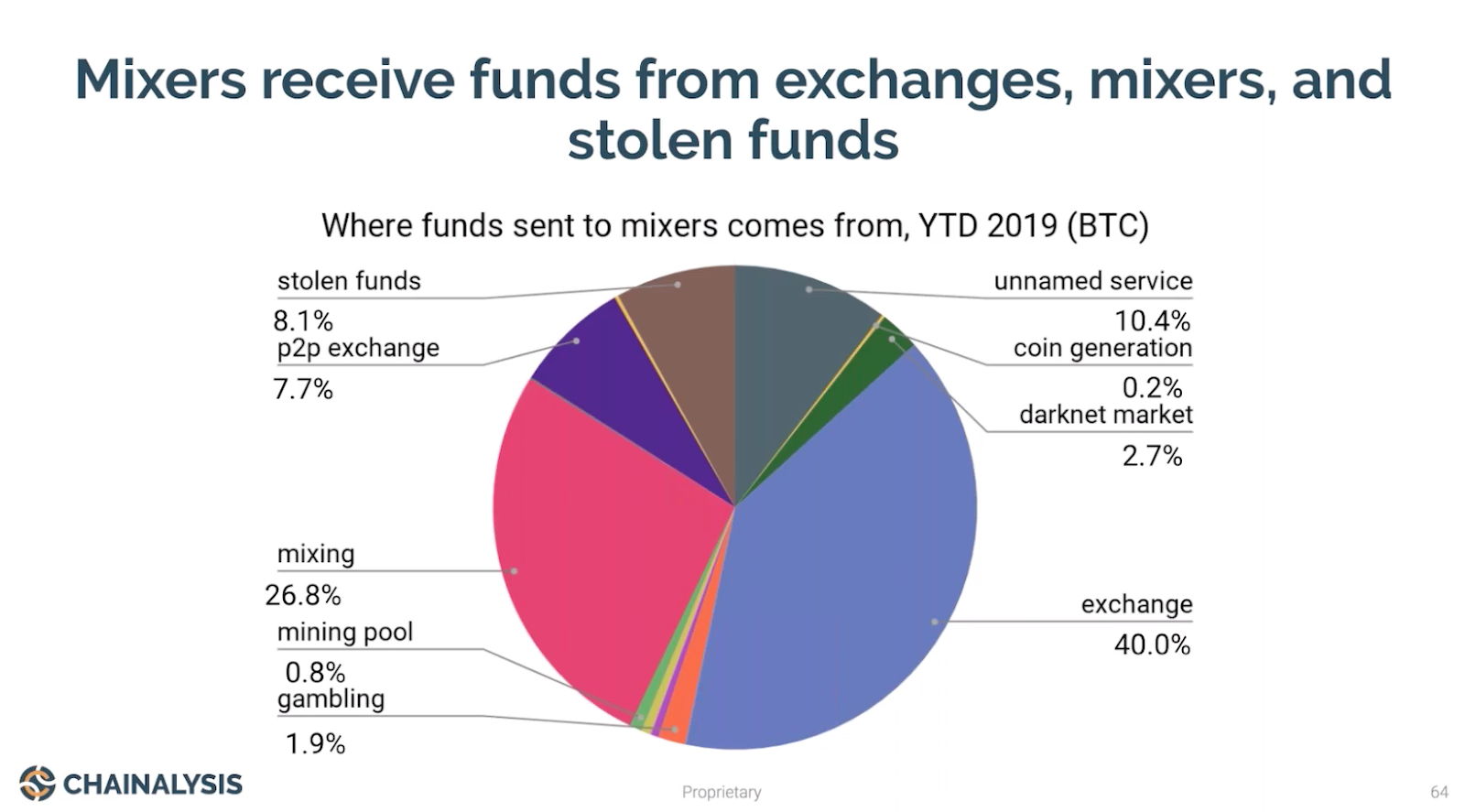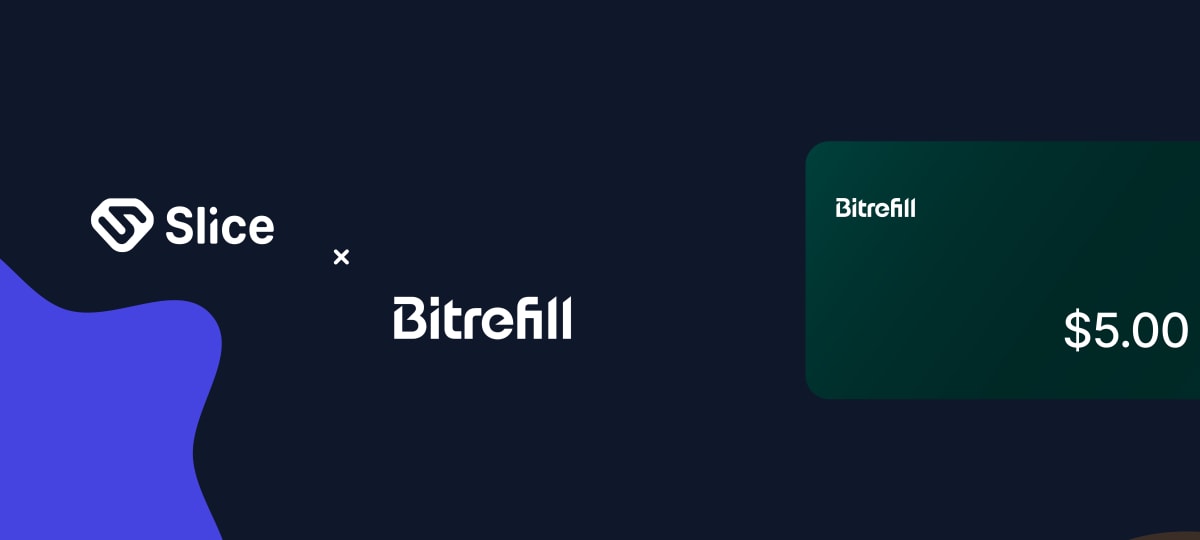The Lightning Network Basics

Listen To This Episode:
- Apple
- Spotify
- Libsyn
- Overcast
In this episode of “The Van Wirdum Sjorsnado,” hosts Aaron van Wirdum and Sjors Provoost discuss the basics of the Lightning Network, Bitcoin’s Layer 2 protocol for cheaper, faster and potentially more private transactions.
Starting at the beginning, van Wirdum and Provoost explained that the Lightning Network works as a scaling layer because it lets users make off-chain transactions through bi-directional payment channels: two users can pay one another an arbitrary number of times without these transactions being recorded on the blockchain. They went on to explain how, in the Lightning protocol, these off-chain transactions are secure, that is, how each of the participants is at any point guaranteed to claim their respective funds from the payment channel.
Then, van Wirdum and Provoost explained how bi-directional payment channels can be linked across a network of users, to extend the potential of off-chain transactions so any Lightning user can pay any other Lightning user, even if they haven’t set up a payment channel between the two of them specifically.
Finally, the hosts briefly touched on some of the challenges presented by the Lightning Network, most notably the requirement of payment channels to have sufficient liquidity locked into them.
The post The Lightning Network Basics appeared first on Bitcoin Magazine.









